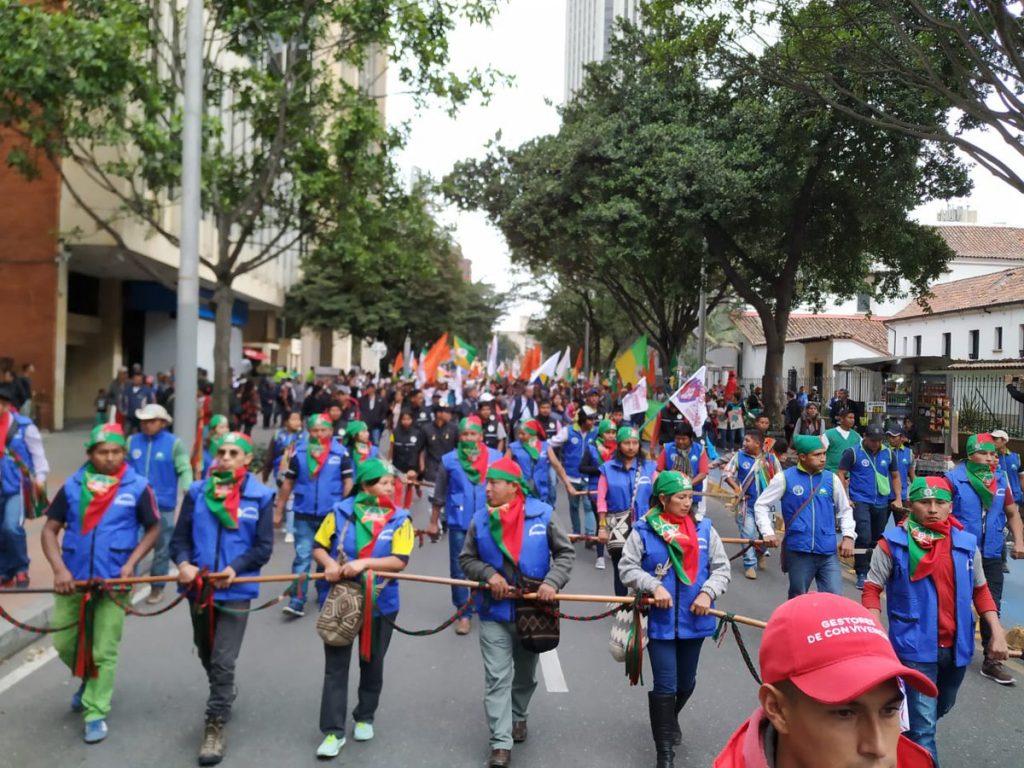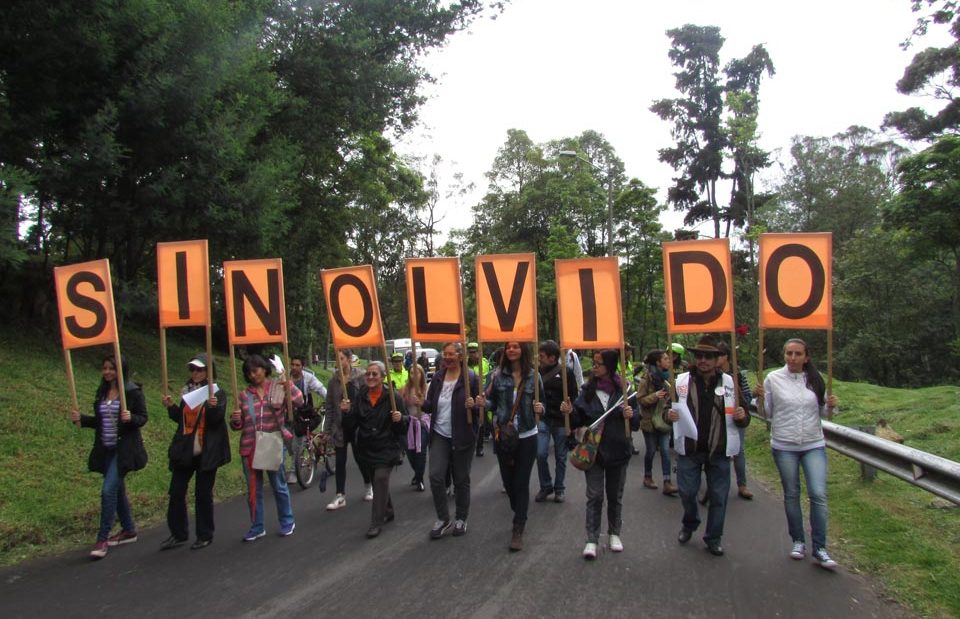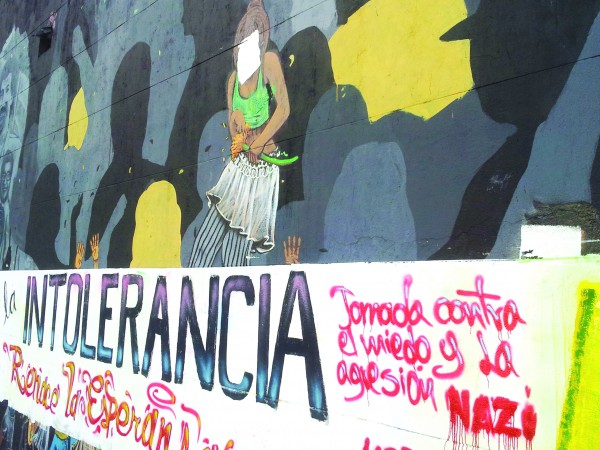
Colombia vs the IACHR
Colombia has joined Argentina, Brazil, Chile and Paraguay in asking the Inter-American Commission on Human Rights (IACHR), to recognise local realities and allow greater independence in resolving human rights issues inside their borders.
The demand has sparked concern from those who perceive it as an attempt to interfere with and limit the powers of the IACHR. Director of Human Rights Watch in the Americas, José Miguel Vivanco has compared the language and arguments made to those made by the likes of Hugo Chávez, Rafael Correa and Evo Morales. He tweeted that the declaration, “Calls into question the commitment of these governments – and Prosur – to the effectiveness of human rights in the region.”
Related: The Buzz: Mosquitos that fight diseases, endangered turtles and donkeys that bring books.
Cauca mudslide
33 people were killed by a landslide in Cauca during the early hours of the morning on Easter Sunday (April 21). Eight homes were buried in the mud after heavy rain caused a hillside to collapse.
The rescue mission lasted several days, and El Tiempo reported it was complicated by a lack of machinery which meant that members of the community were working with “pick and shovel”, whilst funds for resettling people and rebuilding were also lacking.
A month of protests piles on pressure
A 27-day blockade of the Pan-American Highway came to an end last month, after a deal was reached in which the government committed to over USD$250 million of social investment in the Cauca region following the indigenous strike, otherwise known as a Minga.
Tensions are still running high, especially after the attack on Francia Márquez and her fellow social leaders as well as security concerns that lead to the cancellation of a planned meeting with President Duque.
The minga also joined a national strike which took place on April 25, when thousands of Colombians participated in demonstrations in Plaza de Bolívar.
This strike protested against the government’s proposed cuts to education and its pension plan reforms. Attending the protests – which were predominantly peaceful – were farmers, indigenous groups, women’s groups, students, Afro-Colombian groups, LGBTI organisations, unions and pensioners, as well as certain members of the FARC political party and civic society actors.
International aid for Venezuelan crisis
On April 12, Colombia received a USD$31.5 million grant from a refugee fund set up by the World Bank, the United Nations and the Islamic Development Bank to help the country accommodate the ever-increasing flood of migrants fleeing across the border from Venezuela. Out of the 3.7 million people who have left Venezuela so far, the World Bank estimates that 1.2 million are now living in Colombia, and stated that the situation is an “unprecedented humanitarian and development challenge for the region today.” The cost of hosting the migrants is currently estimated to be around 0.4% of GDP, not including infrastructure. Colombia’s response to the crisis meant that in January 2019 it became eligible to access the World Bank’s Global Concessional Financing Facility (GCFF).
Meanwhile a report issued at the end of April by UNICEF highlighted the plight of the 327,000 Venezuelan children living as migrants and refugees in Colombia. The charity is looking to boost its current response funding from USD$5.7 million to USD$29 million to support it in attending the basic health and education needs of families crossing the border.





